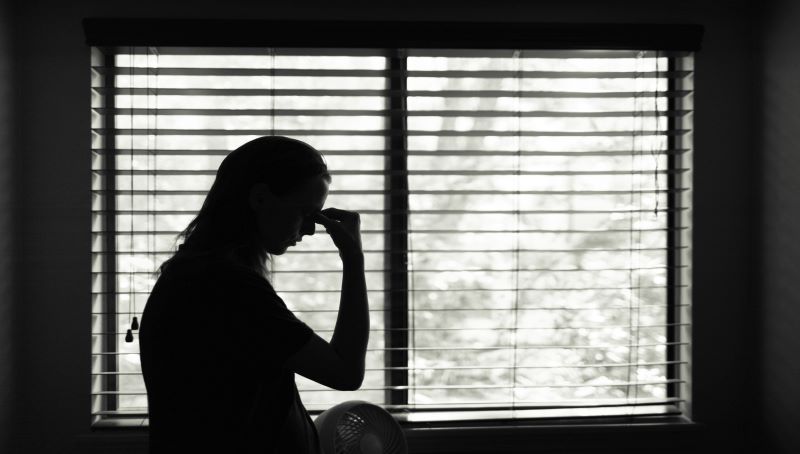
By Jackie Capewell – Operations Manager at Glow, part of Honeycomb Group
At Glow, we’ve been providing domestic abuse outreach provision since 2004. Our services are recognised by customers, the police and other local agencies as being highly effective because we always put people first. For us their views are paramount when developing new services.
I’ve worked within the sector for more than two decades. Over the years I’ve seen many positive changes in legislation and service provision thanks to some fantastic partnerships, but we should never stop evolving. We should always develop new services by listening to the people we support and shaping them accordingly. We can’t expect victims of abuse to just ‘slot into’ established services because we won’t adapt them to meet their individual needs.
At Glow we categorise our work into three main actions: address, overcome and end. Our priorities are early intervention and prevention, protection and justice and support for victims and survivors.
Our aims are to keep victims and their children safe, to increase the reporting of domestic violence, to reduce the repetition of domestic violence through effective intervention models and to aid the increase of detection and prosecution of domestic violence crimes by holding perpetrators to account.
Address
We provide support to people experiencing abuse to address the problem immediately. We help them put a plan together to increase their safety, freedom and wellbeing. We offer safe accommodation and community-based support, including one-to-one, peer and group support programmes.
Overcome
We help individuals and families overcome abuse and rebuild their lives, with support tailored specifically to them. We shape our victims’ services around the five stages model that was developed in Warwickshire. These stages are denial, acceptance, realisation, flight and recovery. By developing our services around this model, we’re able to provide a range of interventions for customers no matter what stage they are at. These include refuge accommodation, telephone and face-to-face support, recovery group work, children and young people’s support and our school education programmes.
End
We’re working to end domestic abuse through education and prevention. This includes raising awareness of how to spot and respond to abuse in schools, workplaces and communities. We work with professionals, training them to recognise domestic abuse and how to best support their colleagues and customers.
We also work with children and young people through our early intervention programmes in schools and colleges, helping them to identify the difference between a healthy and unhealthy relationship.
It’s vital that we challenge attitudes that promote gender-based violence at a young age to safeguard young people as they grow up and hopefully combat unhealthy relationships in the future.
I’m sure we’d all agree that domestic abuse is never the victim’s fault, so we must stop putting the responsibility to change onto them. Victim services are crucial, of course, but if we’re ever going to make a real difference, we believe that we must also work with perpetrators to get to the root of the problem.
We must hold them to account to take responsibility for their actions. It’s this that led us to develop our 30-week Respect accredited programme for perpetrators of domestic abuse.
A lot of people have said to me, ‘I could never do what you do and listen to suffering every day,’ but the truth is that I feel extremely honoured to do this job. I work alongside some wonderful, caring and passionate people and watch them develop and excel in their field. I work with commissioners, encouraging them to think outside the box and take risks on new pilot projects.
More importantly though, I witness the courage and strength of the people that we support. You cannot put a price on watching someone rediscover their identify and start moving on from the abuse.
I’m proud of the approach that Glow takes by tackling abuse from all angles. Our teams support those affected, empower survivors and educate the community on how they can help. All of this helps change the narrative and brings us one step closer to ending domestic abuse for good.





